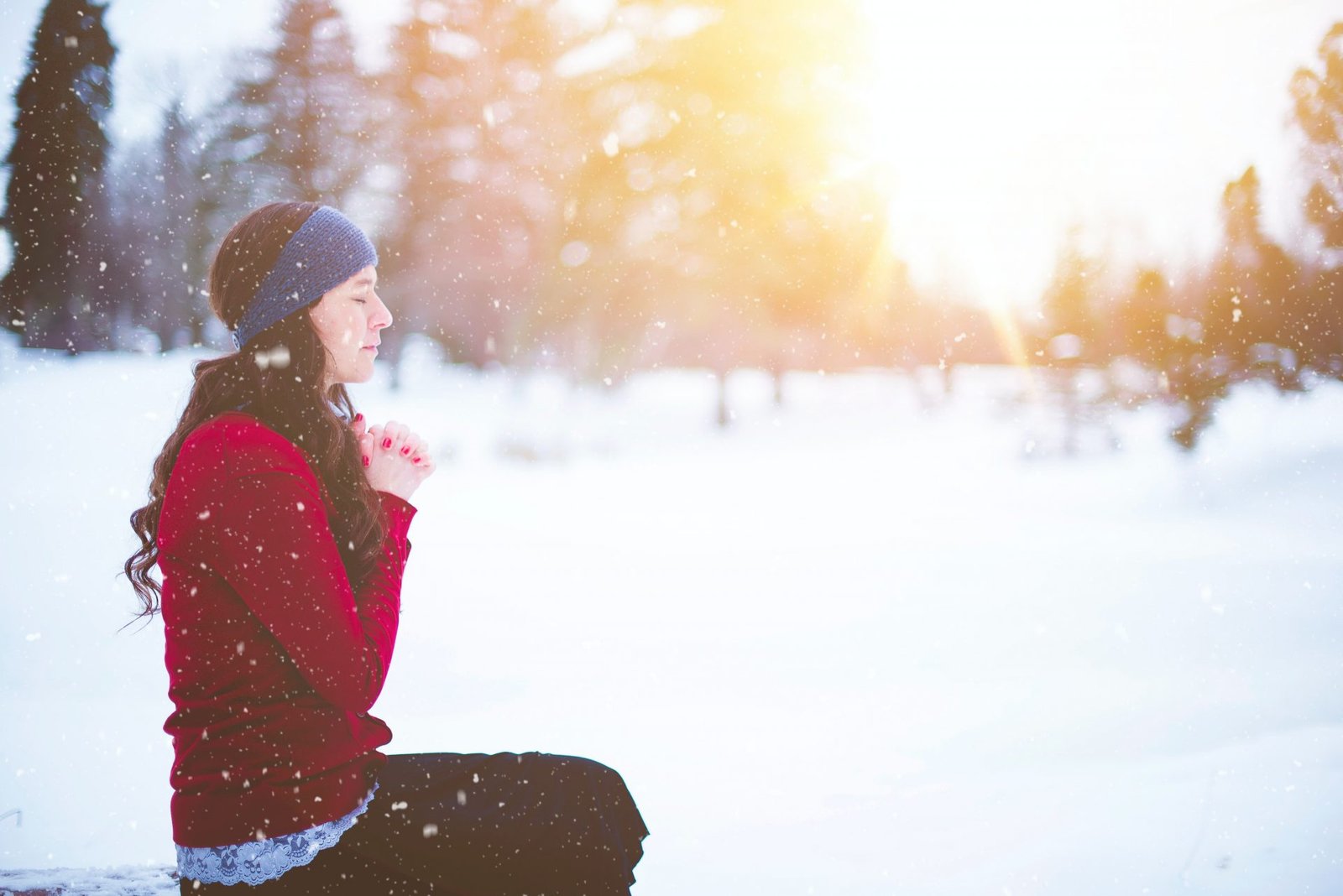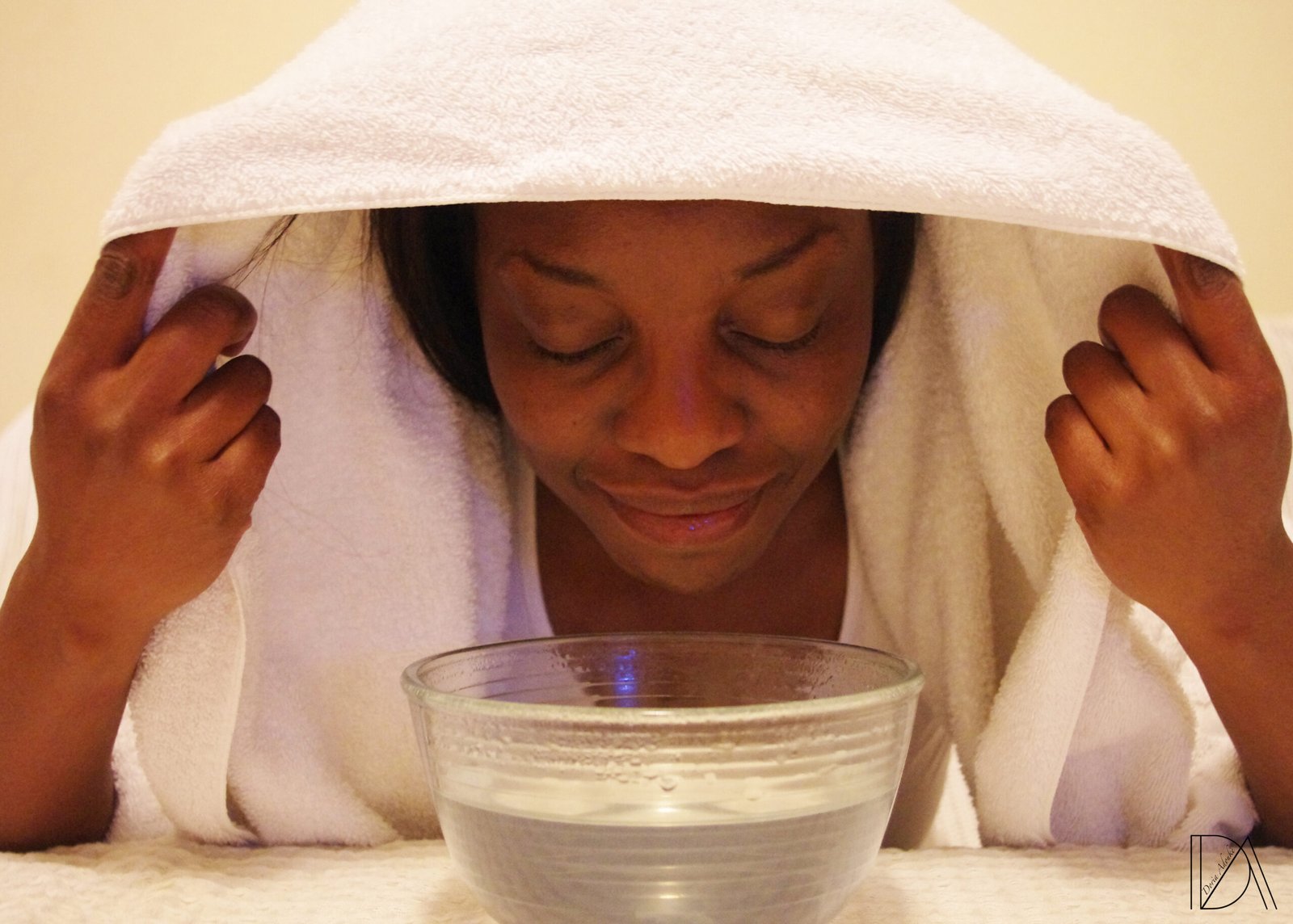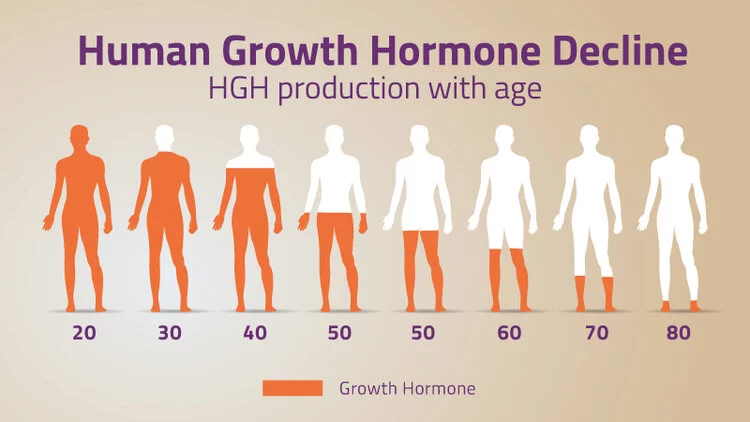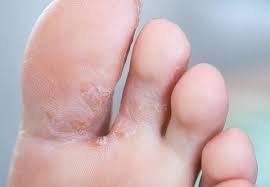How to stay off the ice while sleeping this winter
It was a night near Christmas when throughout your home,
Nothing is awake. not the children. Not your partner.
It is just past midnight. And that concludes your day.
You then sink in for a protracted winter snooze.
But you’re flipping over in bed. Your brain is disorganized.
I’m fully awake! Ugh! What’s the problem?
Sleeping has been more difficult. There has to be a rationale.
It appears that the season may be the root of your difficulties.
Whether you like it or not, the seasons affect how well you sleep. You must overcome some fresh difficulties now that winter is drawing nigh. Here is a quick overview of several wintertime conditions that can interfere with sleep and what you can do to cope.
Cookies Made of Ginger. Also Eggnog Ham too. Likewise Christmas Ale:
We are surrounded by delectable foods and beverages from Thanksgiving until New Year’s Eve. Changes in eating patterns during the holidays, such as dining later than usual or drinking more coffee during the day, might cause sleep disturbances including heartburn, indigestion, insomnia, or just a few extra trips to the bathroom in the middle of the night.
You’re not the only one who can become sick from overeating on holidays. Your muscles, particularly those in your mouth and throat, relax when you drink alcohol, which could impair your airways. a companion who snores loudly and is awake during the night. Zopifresh 7.5 mg and Zopisign 7.5 are best for no night waking and good rest.
Manage it:
Be aware of what and when you eat in order to avoid sleep Scrooges like sleeplessness and heartburn. Try to save your big meals, booze, and caffeine until the early evening.
A Winter-Long Dry Spell:
Dry air is cold air. Chapped lips, itchy skin, scratchy throats, and dry nostrils are all symptoms of dry air. At best, these uncomfortable circumstances may disturb you while you try to fall asleep while lying in bed. At worst, they make you susceptible to infections and colds. And everyone is aware of how challenging it is to sleep soundly when you are sick.
Survive it:
To keep your nasal passages moist, consider using a humidifier in your bedroom. Drink a lot of water. To seal in moisture for your skin, apply lotion as soon as you towel off from a warm, not hot, shower.
Chill Time:
Due to the freezing weather and howling winter winds outside, we quickly raise the thermostat to 72°F or higher once inside.(accused of guilt.) When we are awake, that’s okay. However, as we sleep, our body temperature naturally drops. Too warm a room can interfere with our natural sleep cycle and keep us awake.
Manage it:
A bedroom should be kept at a temperature of 65-67°F. To ensure that you are warm and comfortable when you lay your head on the pillow and cool as a snowman after you sleep, schedule your programmable thermostat to decrease to that setting shortly after your customary bedtime.
Shedding Light on Melatonin:
Your brain releases the hormone melatonin, which promotes sleep, in reaction to darkness. The shorter days and earlier sunsets of winter can cause melatonin to be released throughout the day, making you feel sleepy in the morning and tired by midday.
Regrettably, you might also see a stronger melatonin release at night because you didn’t experience it as strongly as you did over the summer when long, sunny days give way to gloomy nights.
Survive it:
Get plenty of exposure to daylight during the winter to control your melatonin and internal clock. As soon as you wake up, sit by a window. Take a lunchtime stroll while dressed warmly.




